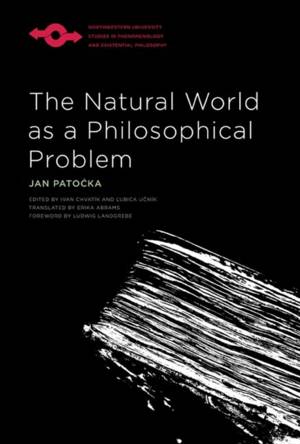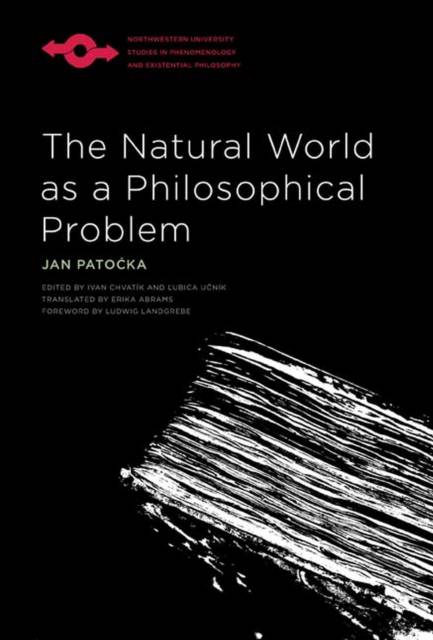
Je cadeautjes zeker op tijd in huis hebben voor de feestdagen? Kom langs in onze winkels en vind het perfecte geschenk!
- Afhalen na 1 uur in een winkel met voorraad
- Gratis thuislevering in België vanaf € 30
- Ruim aanbod met 7 miljoen producten
Je cadeautjes zeker op tijd in huis hebben voor de feestdagen? Kom langs in onze winkels en vind het perfecte geschenk!
- Afhalen na 1 uur in een winkel met voorraad
- Gratis thuislevering in België vanaf € 30
- Ruim aanbod met 7 miljoen producten
Zoeken
Omschrijving
The first text to critically discuss Edmund Husserl's concept of the "life-world," The Natural World as a Philosophical Problem reflects Jan Patocka's youthful conversations with the founder of phenomenology and two of his closest disciples, Eugen Fink and Ludwig Landgrebe. Now available in English for the first time, this translation includes an introduction by Landgrebe and two self-critical afterwords added by Patocka in the 1970s. Unique in its extremely broad range of references, the work addresses the views of Russell, Wittgenstein, and Carnap alongside Husserl and Heidegger, in a spirit that considerably broadens the understanding of phenomenology in relation to other twentieth-century trends in philosophy. Even eighty years after first appearing, it is of great value as a general introduction to philosophy, and it is essential reading for students of the history of phenomenology as well as for those desiring a full understanding of Patocka's contribution to contemporary thought.
Specificaties
Betrokkenen
- Auteur(s):
- Vertaler(s):
- Uitgeverij:
Inhoud
- Aantal bladzijden:
- 240
- Taal:
- Engels
- Reeks:
Eigenschappen
- Productcode (EAN):
- 9780810133617
- Verschijningsdatum:
- 15/08/2016
- Uitvoering:
- Paperback
- Formaat:
- Trade paperback (VS)
- Afmetingen:
- 152 mm x 226 mm
- Gewicht:
- 453 g

Alleen bij Standaard Boekhandel
+ 106 punten op je klantenkaart van Standaard Boekhandel
Beoordelingen
We publiceren alleen reviews die voldoen aan de voorwaarden voor reviews. Bekijk onze voorwaarden voor reviews.









